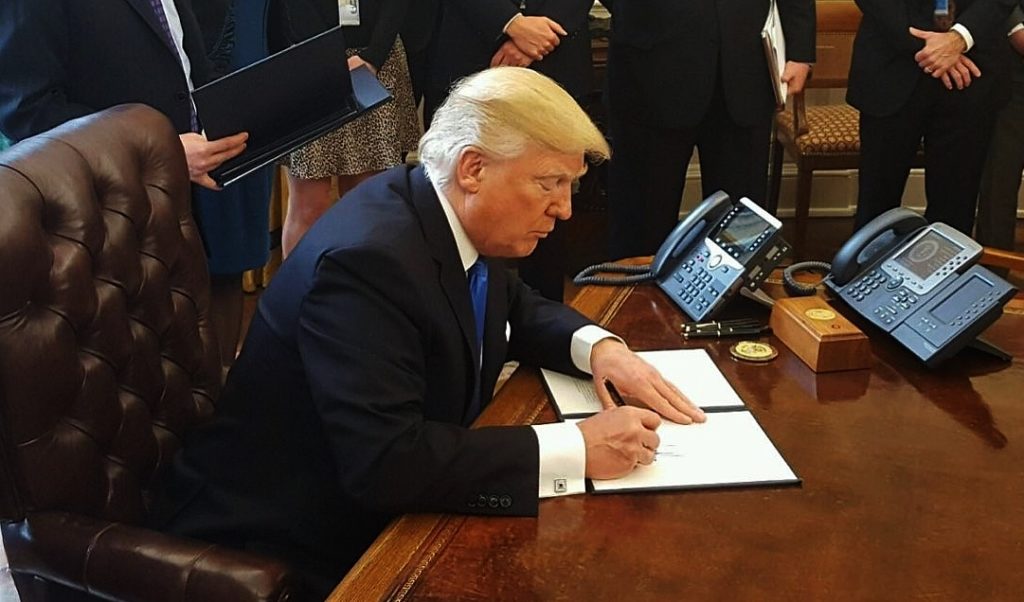The real trouble with Donald Trump calling the Manchester bombers “evil losers”

Donald Trump offered a belated response today to last night’s deadly bombing in Manchester, England, and his words ended up being predictably controversial. Trump referred to the bombers a “evil losers” which set off a debate about whether he should have been talking in such base fashion. It’s not shocking to hear Trump talk like an angry third grader, even in the most serious of moments. But the real trouble with Trump’s words is something larger.
If I had told you before the bombing that Donald Trump would wake up on Tuesday morning and start talking about “evil losers,” you’d have assumed he was probably attacking people like Chuck Schumer or Rosie O’Donnell, who are neither evil nor losers, because that’s just how Trump sees the world: you’re either personally on his team or you’re a horrible person. He’s tended to use similar phrases such as “haters and losers” over the years to denigrate his professional opponents and personal adversaries, even if they’re respectable people who simply happen to be on the other side.
Sure, Trump has a limited vocabulary to begin with; we’ve all been listening to him babbling away in business, entertainment and political contexts for decades, and if he knew more than the relative handful of adjectives and insults he keeps recycling, he’d have used them by now. But the larger problem is this: Trump’s mind seems to be wired to not truly see a difference between a terrorist who murders dozens of people, and someone who simply isn’t impressed with his antics. In his mind they’re all evil losers.
There are several good reasons for why a U.S. President shouldn’t be publicly referring to terrorists as “evil losers,” even if the description does fit. But the real problem here is that the man in charge of the nation’s war chest and messaging can’t seem to differentiate between America’s enemies and his own personal enemies.
